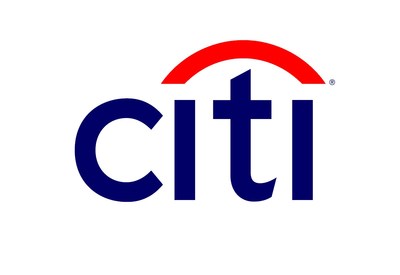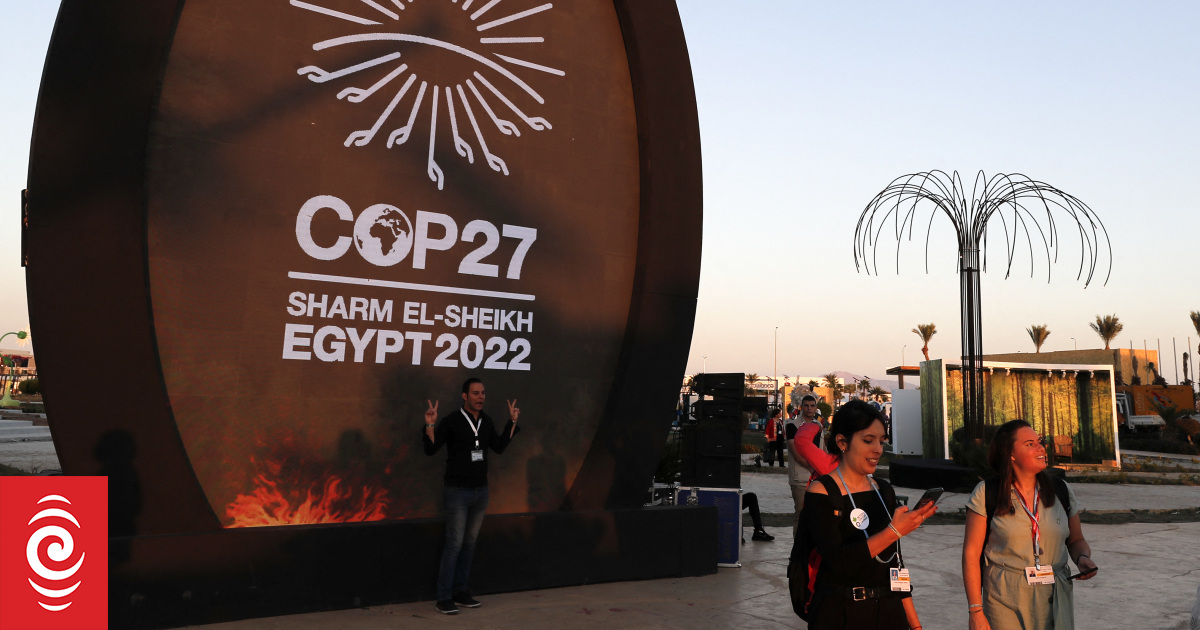World Trade Organization close to deal to end harmful fisheries subsidies, but exemptions for developing countries could give China a pass
After 20 years, global discussions on reducing environmentally harmful fisheries subsidies are entering their final phase at the World Trade Organization (WTO).
On Thursday, 104 ministers and heads of delegation gathered virtually and gave a conditional blessing to the text of a deal to end harmful fisheries subsidies.
This means that delegations can now negotiate the nine page draft text line by line for approval at the WTO Ministerial Conference in Kazakhstan, which begins on November 30.
The talks aim to eliminate harmful subsidies such as overfishing and illegal, unreported and unregulated fishing.
WTO Director General Ngozi Okonjo-Iweala told a press conference in Geneva: “For the first time in 20 years, we have a text that has been blessed by all ministers and heads of delegation .
While experts have said the progress is encouraging for the climate, it remains to be seen to what extent the rules will apply to China, the world’s biggest supporter of unsustainable fishing practices.
Chileans look to new constitution to return water to communities
Rashid Sumaila, professor of fisheries economics at the University of British Columbia, told Climate Home News: “I was preparing for more bad news than I had. I’ve been this for 20 years and they’ve come the furthest [now] because they have some text, so I’m reasonably happy. But, he warned, that “doesn’t mean anything until we cross the lineâ€, so “everyone is on the bridgeâ€.
Sumaila said that the appointment of former Nigerian finance minister Okonjo-Iweala as director generalI had stepped up negotiations as she “kept her neck” for the talks, placing fisheries subsidies as her second priority behind Covid-19. He also congratulated the chairman of the talks, Colombian Ambassador Santiago Wills.
Fishing subsidies encourage overfishing, which is bad for fish stocks and bad for the climate. A 2018 study found that fishing on the current scale is “made possible by large government subsidies”. Without them, up to 54% of high seas fishing grounds would not be profitable.
Fishing can harm the climate in several ways. The combustion of ship fuel releases greenhouse gases. Methods like bottom trawling, where a large net is dragged along the seabed, stir up buried carbon from the seabed. Fishing can damage seagrass beds, which store carbon. The fish themselves store carbon on the seabed when they die naturally and fall to the bottom of the sea.
Developing countries put numbers on the table for the next climate finance target
Global fisheries subsidies stood at $ 35 billion in 2018, of which the harmful subsidies that increase industry scale were $ 22 billion, according to a study published in the Maritime policy review.
The same study found that China provides the most subsidies, with 21% of the total. The EU states, the United States and South Korea follow with 11%, 10% and 9% respectively. Next come Japan, Russia, Thailand, Canada, Indonesia, Norway and Taiwan.
Most of the subsidies provided by China are classified as harmful subsidies for capacity building, for example by making ship fuel cheaper. In the United States, the study found that subsidies were mainly spent on positive measures such as fisheries management and stock enhancement.
While the whole draft text is still under discussion, the square brackets indicate where the divisions are expected. Contentious issues include to what extent poor and developing countries should be exempted and how developed countries should help developing countries implement the rules.
At the WTO, countries decide for themselves whether they are developed or developing and China is classified as developing although the United States say it is developed. China argues that the subsidies are a way to help poor fishermen, but Sumaila said her research shows the subsidies go to large fleets.
Ideal for approaching the @OMC this morning on the UK’s tough stance against illegal and subsidized fishing.
It’s good to make pragmatic proposals on how the SDT rules should benefit small-scale artisanal fishermen in genuine developing countries – not the larger ocean-going vessels. pic.twitter.com/VSrp6anjxm
– Greg Hands (@GregHands) July 15, 2021
A proposed clause would allow developing countries, including China, to continue subsidizing increased fishing capacity. The exceptions to this rule would be if this developing country engages in deep-sea fishing, has an income of more than $ 5,000 per capita, produces more than 2% of the world’s fish and derives more than 10% of its income from fishing, fishing. agriculture and forestry. . China would not reach the threshold because only 8% of its income comes from fishing, agriculture and forestry.
Other contentious issues include what information needs to be made transparent, how to judge when a vessel is engaged in illegal, unreported or unregulated fishing and whether countries should be able to subsidize vessels registered under the flag of another country.
Okonjo-Iweala said there was unanimous agreement among countries that small-scale fishermen, especially in developing countries, should be protected from rule change.
Among the most favorable to the reduction of fisheries subsidies are the group “friends of the fish”, which includes the United States, several South American countries, Australia, New Zealand, Pakistan, Norway and Iceland.
India is among those pushing for slower elimination of subsidies, says Indian site LiveMint. Minister of Commerce Piyush Goyal said: “India is committed to concluding the negotiations, as long as it balances current and future fishing needs, preserves space for equitable growth in fishing capacity in the future, and [special and differential treatment] without any imbalance â€.
[ad_2]
 Universo Viviente
Universo Viviente



